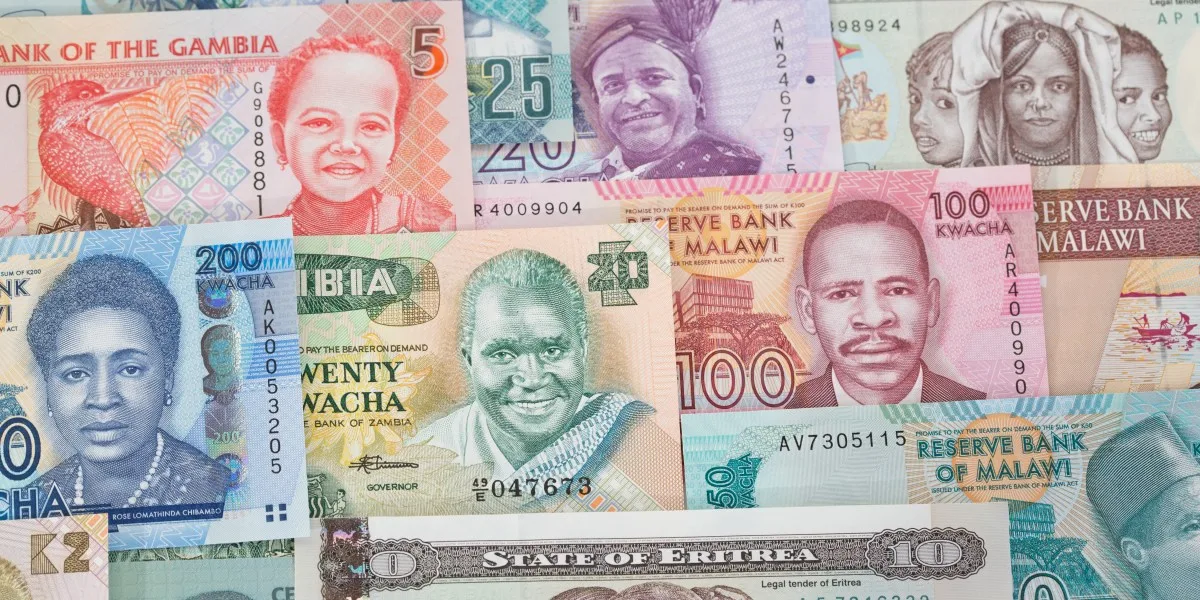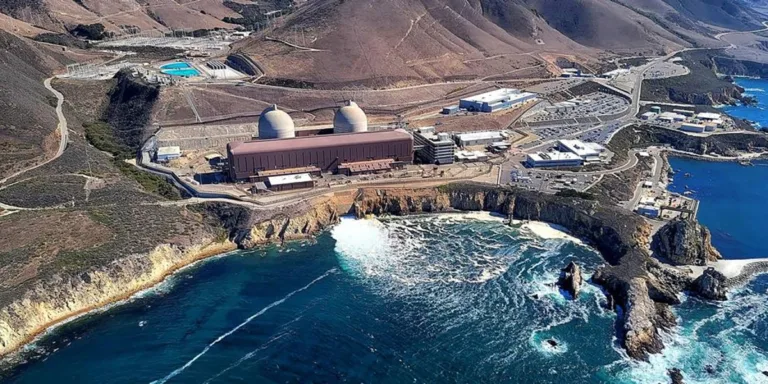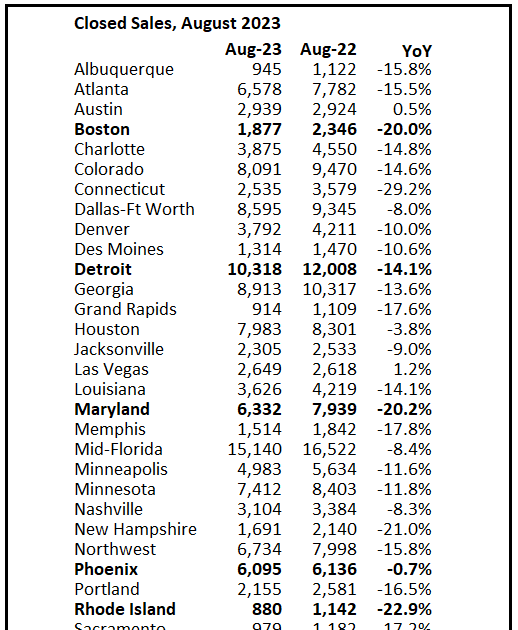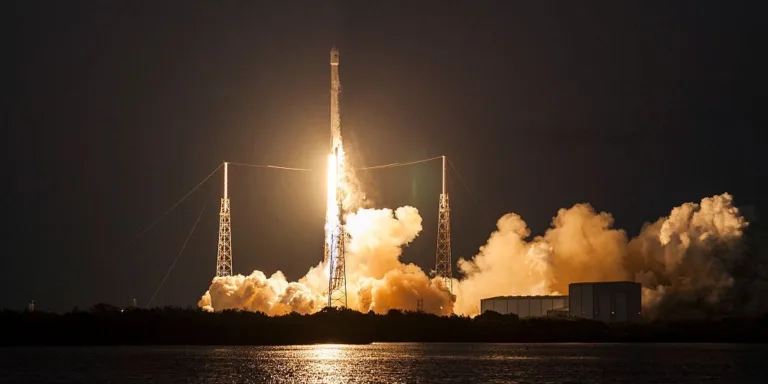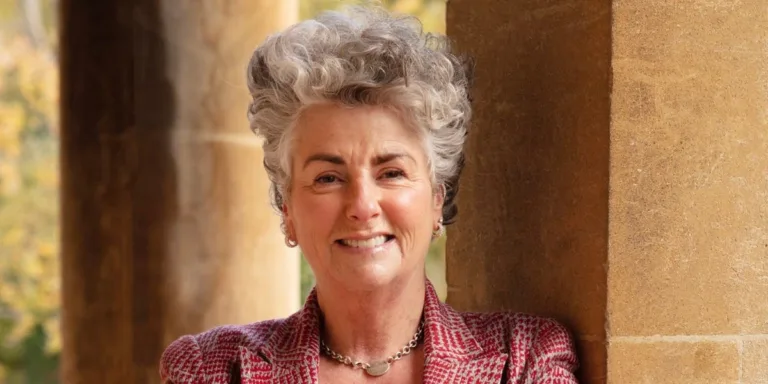Web3: Transforming the Global Financial System for Inclusion and Economic Empowerment
In today’s interconnected world, the flow of money across borders can either be a lifeline or a chokehold for entire nations. Unfortunately, the global financial system has long favored the privileged, leaving many countries in the Global South grappling with economic inequality and political instability. However, Web3 technologies are now disrupting the status quo, providing new tools for financial inclusion and economic empowerment.
Traditional wire transfers from Nigeria to Ghana, for example, take longer and cost more than physically driving the money across borders. This is because the transfers often go through New York and London before returning to Africa. Recognizing the need for a better way, innovators like Dickson Nsofor from Nigeria have started leveraging blockchain and cryptocurrencies as mediums of exchange for cross-border payments.
Nsofor founded Korapay, a Pan-African payment-infrastructure company, with a vision to use Web3 inventions for seamless cross-border payments. Today, Korapay is the largest cross-border business-to-business remitter in Nigeria, processing billions in payments through digital currencies like Bitcoin, USDC, and other crypto assets, while settling transactions in traditional fiat currencies. Interestingly, many global companies use Korapay’s services to exchange Nigerian naira for US dollars without even realizing they are using cryptocurrencies and stablecoins. This demonstrates how innovators like Nsofor are revolutionizing the traditional finance ecosystem from the ground up.
The increasing popularity of stablecoins like USDC in Africa can be attributed to economic disparities, currency instability, and the desire for financial independence. In Nigeria, for instance, where over 40% of the population is under 15 years old, the younger generation is embracing cryptocurrencies as a means of transcending the limitations of local currencies. With the rise in mobile internet penetration, freelancers and gig workers can now opt for payment in digital assets that retain their value better than local fiat currencies prone to hyperinflation and market devaluation. In fact, Nsofor shared how all of his young Nigerian employees would prefer to be paid in stablecoins, like USDC and USDT, or even Bitcoin, because these assets offer a better store of value and are more useful.
The shift toward dollarization, where locals prefer digital assets like USDC over fiat money, goes beyond convenience and represents a significant opportunity for economic growth. Individuals can now work for internet-native organizations anywhere in the world and accumulate wealth in stable digital assets.
However, the dollarization of these economies may have mixed implications for the world. The collapse of local currencies due to dollarization could potentially destabilize already fragile governments in volatile regions. For example, the Central Bank of Nigeria initially took a hostile stance toward cryptocurrencies and even considered banning them. While there have been recent hints at creating a regulatory framework for stablecoins and tokens, the consequences of such actions remain uncertain. Similar concerns were raised by Reza Baqir, the former governor of the Bank of Pakistan, who considered a ban on all digital assets due to fears of dollarization. But despite these challenges, the adoption of digital assets continues to gain momentum.
Even organizations like the U.N. High Commissioner for Refugees have turned to blockchain technology to distribute digital cash in war-affected regions like Ukraine, ensuring the safety of funds and highlighting the broader appeal of digital assets.
The adoption of cryptocurrencies and blockchain technology in Africa and beyond goes beyond being a financial trend. It is first and foremost a survival strategy, offering a platform for economic prosperity. Above all, it is a testament to the resilience and innovative spirit of the Global South. Let’s recognize the potential of Web3 technology to create a more inclusive and equitable financial future for all.
